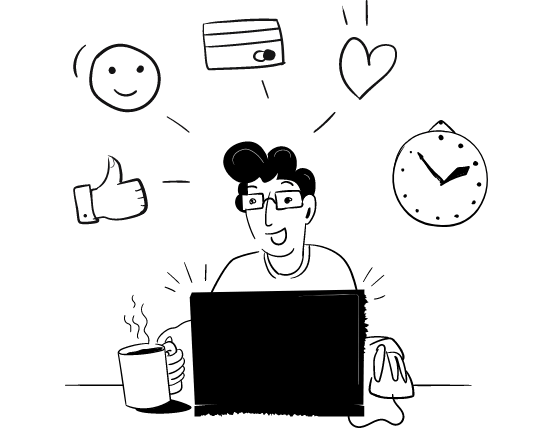Identifying Types of Mental Shortcuts in Marketing
Mental shortcuts, also known as cognitive biases, are unconscious thought patterns that help individuals make quick decisions and judgments.
In the realm of marketing, these shortcuts play a crucial role in shaping consumer behavior and influencing purchase decisions.
Here are some common types of mental shortcuts that marketers frequently encounter:
- Availability heuristic: Use memorable ads to influence decisions with readily recalled information.
- Anchoring: Present a high-priced item first to make other products seem more affordable.
- Social proof: Show positive reviews and testimonials to encourage herd behavior.
- Scarcity effect: Highlight limited-time offers or editions to create urgency and increase value.
The Role of Mental Shortcuts in Decision Making
Mental shortcuts play a crucial role in decision-making by helping individuals process information quickly and efficiently.
Here’s how mental shortcuts influence decision-making:
- Saves time: Mental shortcuts enable quick decisions without deep analysis.
- Reduces overload: They help filter information, focusing on what’s important.
- Provides certainty: Offer confidence in decisions despite not always being rational.
- Shapes perceptions: This can lead to biases, as not all shortcuts are accurate.
Emotional vs Logical Appeals in Mental Shortcuts
Mental shortcuts can be influenced by both emotional and logical appeals. Let’s explore the differences between these two approaches:
Emotional appeals: Emotional appeals target individuals’ emotions, feelings, and desires.
This approach aims to create a strong emotional connection between the consumer and the brand, product, or service.
It can be achieved through storytelling, evoking nostalgia, or appealing to specific emotions like love, joy, or fear.
Logical appeals: Logical appeals, on the other hand, appeal to individuals’ rationality and logical thinking.
This approach relies on providing factual information, statistics, and logical arguments to persuade consumers.
Logical appeals are often used in industries where consumers prioritize practicality and functionality, such as technology or finance.
The Impact of Mental Shortcuts on Marketing Strategies
Mental shortcuts have a significant impact on marketing strategies and can influence consumer behavior in various ways:
- Influencing brand perception: Leveraging mental shortcuts can foster positive brand associations and loyalty.
- Driving purchasing decisions: Utilizing cognitive biases nudges consumers towards purchases.
- Creating brand differentiation: Mental shortcuts help brands stand out by leveraging unique propositions.
- Improving advertising effectiveness: Tailored messages to cognitive biases enhance ad impact and action likelihood.
